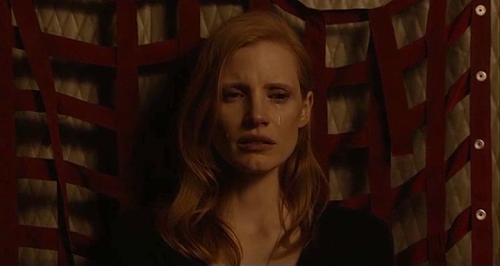
"I don’t think there is [a] feminine way of expressing violence or dealing with it. There is only just the filmmaker’s approach. I don’t think it’s gender specific. Violence is violence. Survival is survival. I don’t think there is a feminine eye or a feminine voice. You have two eyes, and you look in three dimensions and in a range of color. So can everybody. What about a woman’s background would make that vision different? In all my films, my characters—male and female—are fighting for their lives. That’s a human thing."
— Kathryn Bigelow, Kathryn Bigelow: Interviews
A female filmmaker adamant about not being pigeonholed as a feminist filmmaker, Kathryn Bigelow frequently focuses her films’ final moments on the aftermath of violence—what it does to its characters, what it does to its environment, and what it does to us as a viewer (what it makes us crave to see from our protagonists). Whether the genre be sci-fi or horror or western or war, Bigelow specializes in survival—whether it’s a woman confused where she will go from here, a man who finds his true refuge is with the bombs, a rehabilitated vampire taking her first breaths after the destruction of her brood, or the city of Los Angeles that will live to fight another day, another year, against tyranny.
The Hurt Locker | 2008
Near Dark | 1987
Strange Days | 1995
Zero Dark Thirty | 2013


ليست هناك تعليقات:
إرسال تعليق